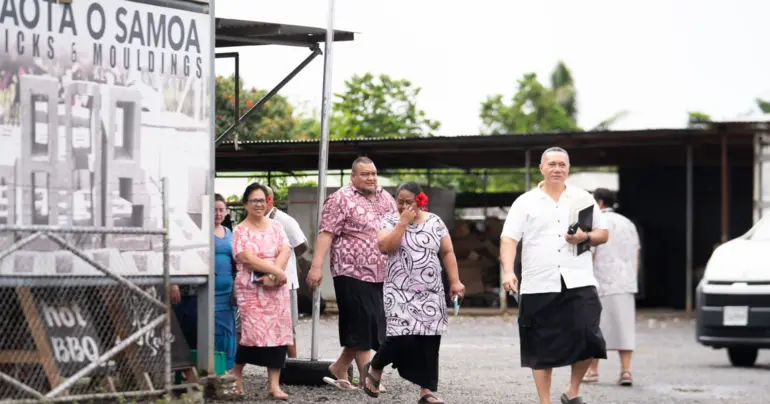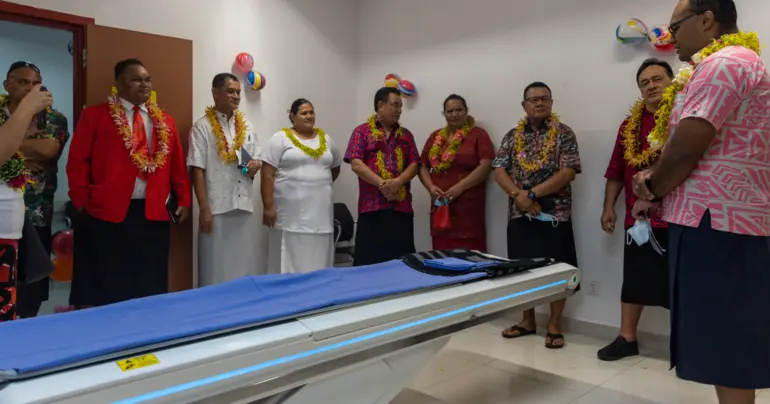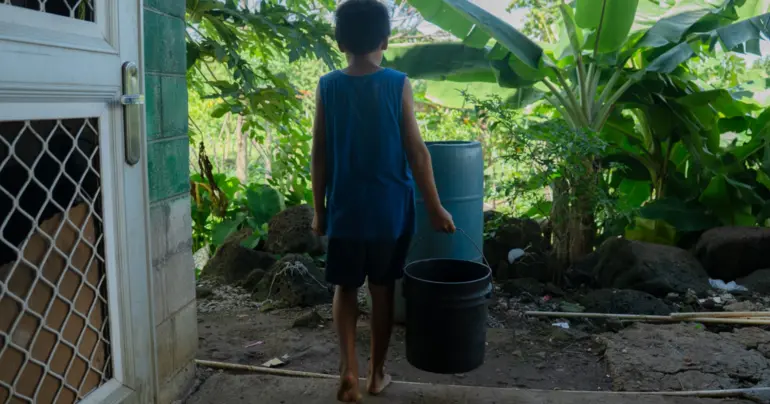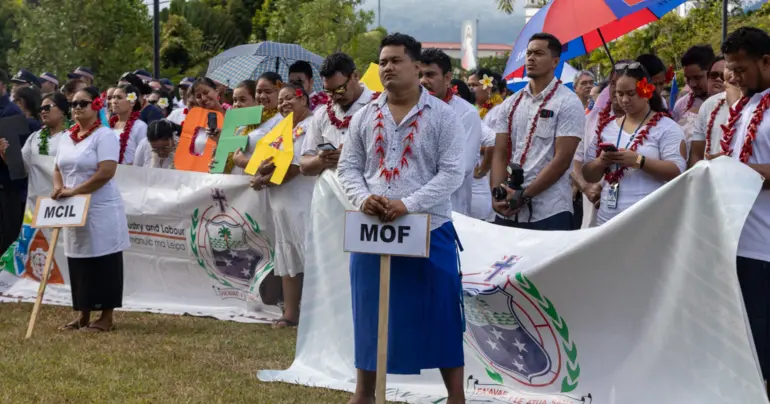The 11,000 scientists' warning and being proactive
 By Alexander Rheeney
•
09 November 2019, 1:17PM
By Alexander Rheeney
•
09 November 2019, 1:17PM
It isn't a surprise that the opening of the Pacific Climate Change Centre in September this year precedes the recent announcement by over 11,000 scientists of ‘untold suffering’, if a global climate emergency is not declared.
The statement by the scientists was published on Tuesday in the journal BioScience and warned of dire consequences, if governments around the world maintained the status quo and did not change how their people interacted with nature.
“Scientists have a moral obligation to clearly warn humanity of any catastrophic threat and to ‘tell it like it is’. On the basis of this obligation and the graphical indicators presented below, we declare, with more than 11,000 scientist signatories from around the world, clearly and unequivocally that planet Earth is facing a climate emergency,” the scientists state in the journal, produced by the American Institute of Biological Science.
But thanks to a proactive government that continues to play a leadership role on the issue in the region, Samoa is 10 steps ahead of other nations, in terms of climate change mitigation and adaptation policies.
Major government policies promoting the use of renewable energy, a nationwide ban on the use of single-use plastics and a tree replanting programme have been rolled out into the communities and are underway.
Currently, 50 per cent of electricity generated in Samoa comes from renewable energy sources, according to the Electric Power Corporation. The EPC has a deadline of 2025 to reach 100 per cent coverage.
A national ban on single-use plastics is now in its tenth month and is backed by the Waste (Plastic Ban) Management Regulation 2018, which Samoa’s Cabinet endorsed in the government’s bid to protect the ocean and marine environment. The law bans the manufacture, export, sale and distribution of plastic shopping bags, packing bags and straws effective January 30, 2019.
And the countdown has started as the government’s 2 Million Trees Planting Campaign approaches its 2020 deadline, though authorities fear they will not be able to meet their target which was set in 2015.
There are a lot more climate change-related policies and programmes that are being implemented and rolled out by the government. These include community-based projects and programmes in Samoa that are funded and will be funded by the United Nations’ Green Climate Fund.
The establishment of the Pacific Climate Change Centre, within the premises of the Secretariat of the Pacific Regional Environment Programme (SPREP) in Apia, makes sense when you look at the progress that Samoa has made in terms of a national response.
Over the years the MNRE has become a focal point for development partners and international alliances and partnerships – and together with the support of regional institutions such as SPREP and its Pacific Climate Change Centre – the country can expect more progress to complement the work that the government has done thus far.
Early in the week the Deputy Prime Minister, Fiame Naomi Mata'afa, said a lot more work needed to be done for the environment and she made reference to conservation efforts and partnerships with the government.
"I would highly recommend that we make use of this opportunity to learn and rediscover ways to promote environmental conservation, and how we can all play a part in increasing the resilience of our communities and natural developments," she said, in her speech to open the National Environment Week 2019.
Three days later the MNRE Assistant CEO (Forestry Division), Moafanua Tolusina Pouli, revealed that Samoa’s forest coverage is shrinking and warned that it could have long-term implications for the country’s flora and fauna as well as water sources.
"We are working with the Ministry of Agriculture and include food trees with the idea that the farmers can use the fruit while the tree still stands to serve other purposes such as (absorbing) carbon," he said. "Another thing is the ecosystem services we get from our forest, for example the water supply. If we have a good forest in the water catchment areas, we can make sure that these water supply has to be sustained."
The connection between forests and water systems including rivers should not be downplayed. Science shows that trees naturally capture rainfall and release it into streams and rivers, giving life to a healthy ecosystem and human habitation.
It is why we should support the government’s 2 Million Trees Planting Campaign as the benefits will be long-term for the community and the next generation.
Have a lovely Friday Samoa and God bless.
 By Alexander Rheeney
•
09 November 2019, 1:17PM
By Alexander Rheeney
•
09 November 2019, 1:17PM










